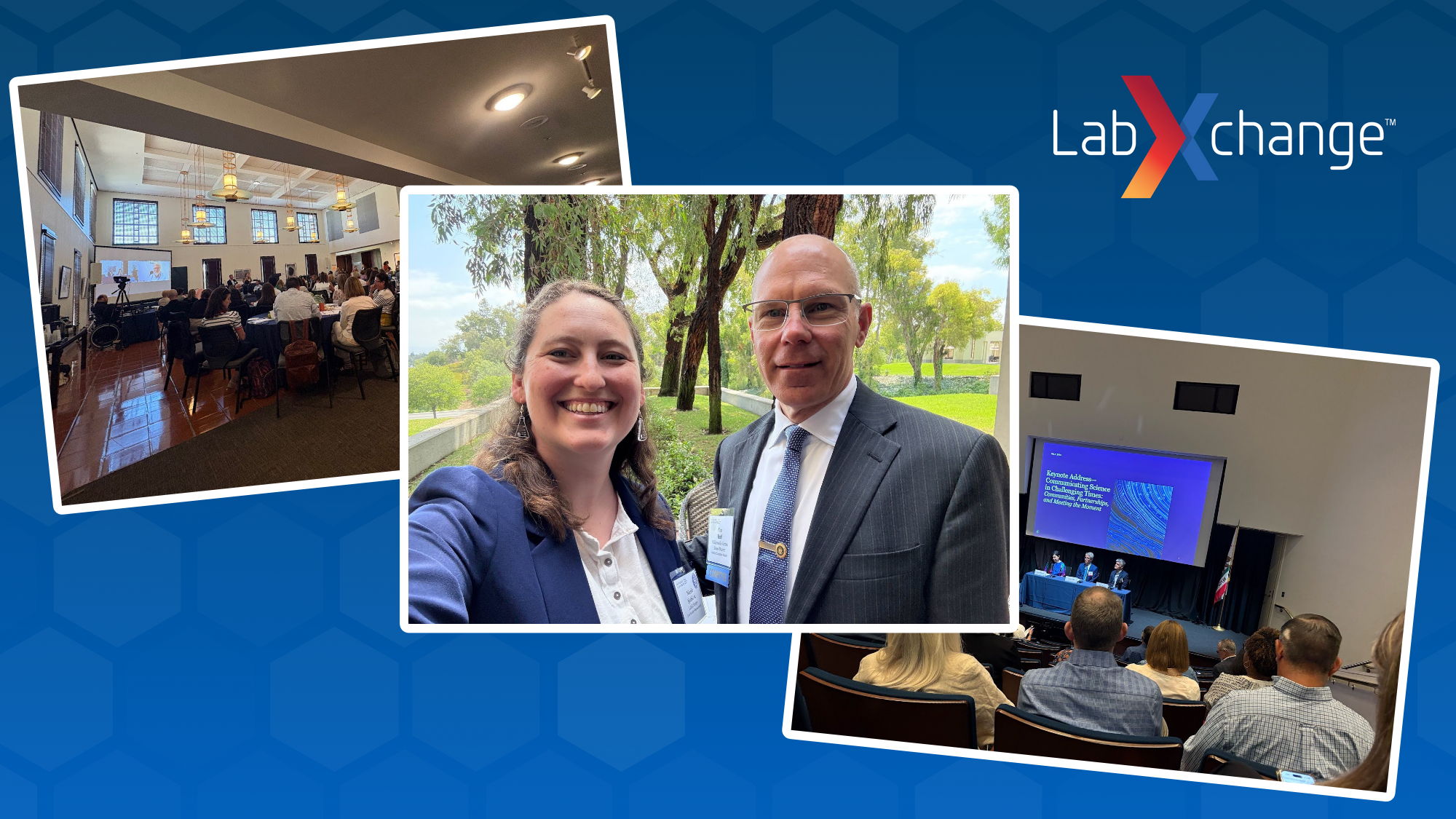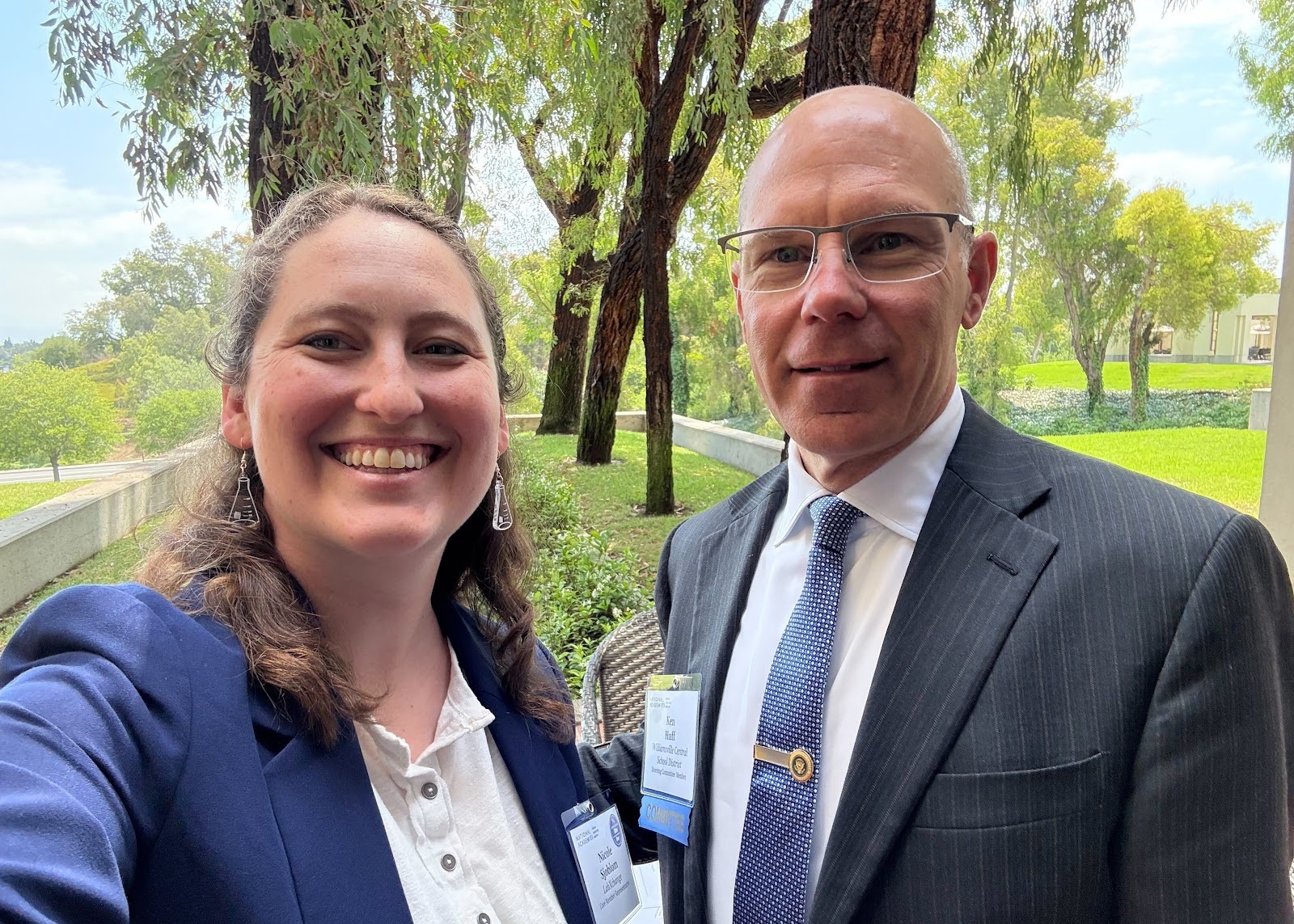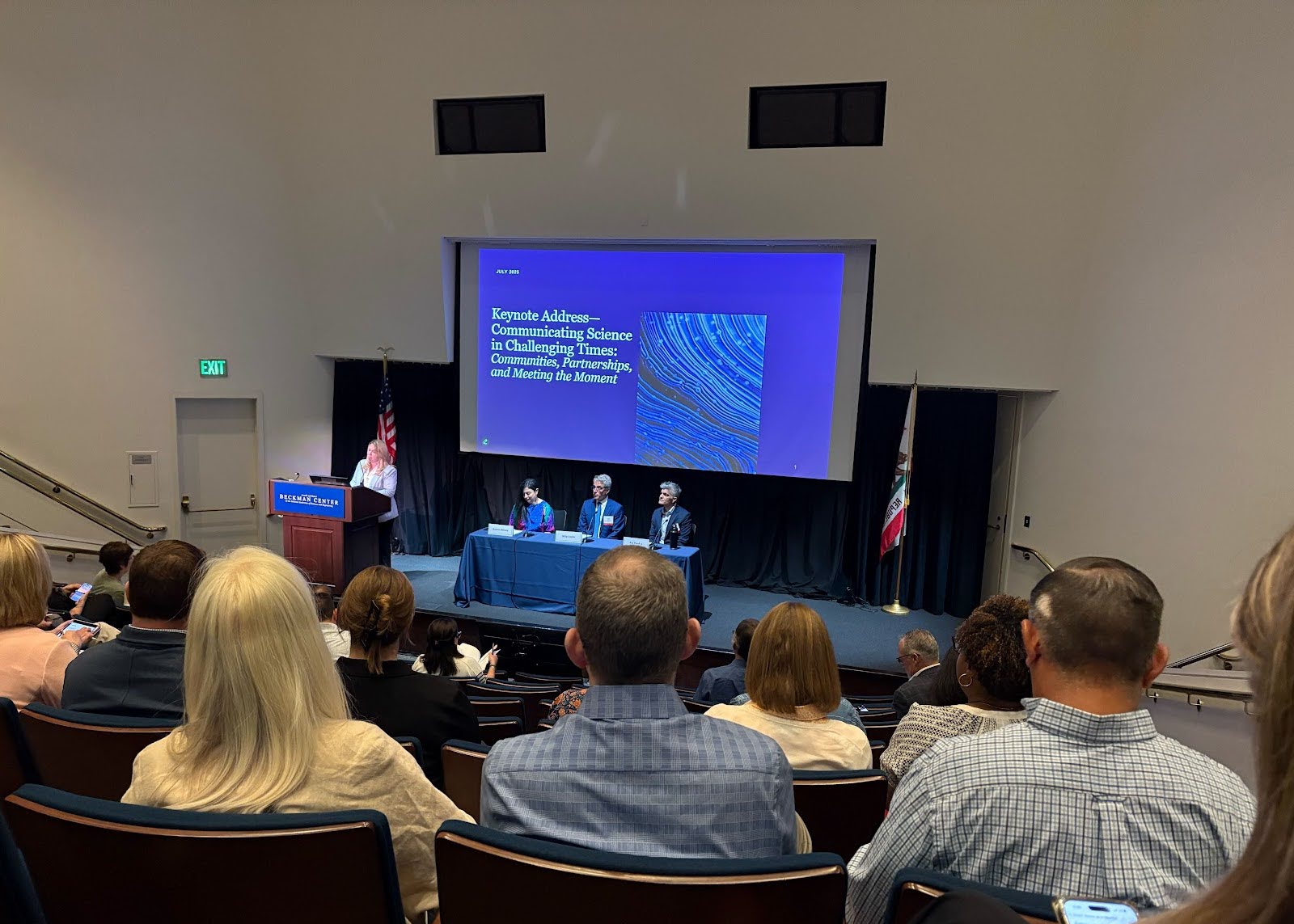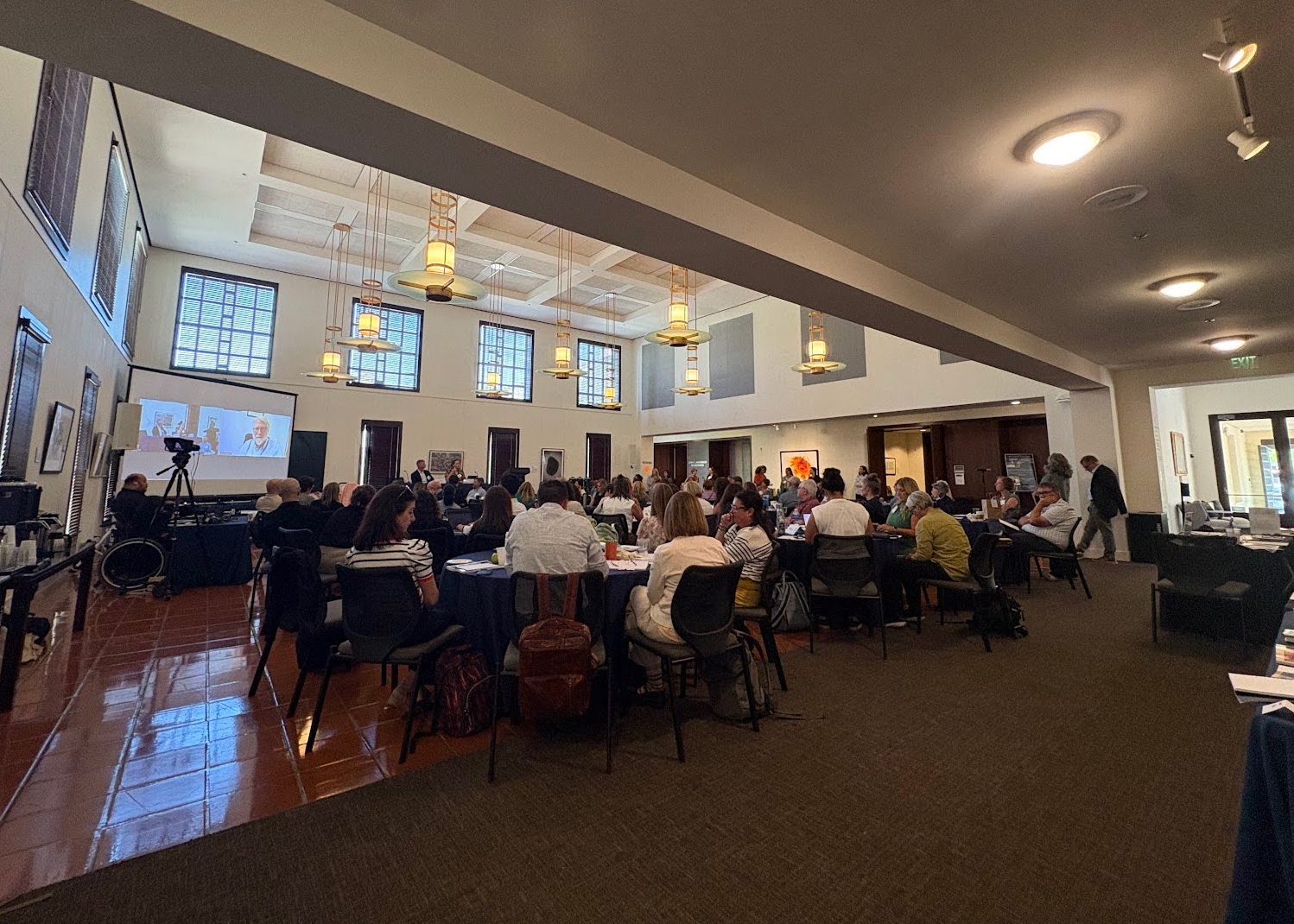
LabXchange at the NASEM CASTL-K12 Inaugural Public Summit
In classrooms across the United States, K–12 science education is shaped by state policies, executed by administrators and educators, and guided by community partners. This raises an important question: how can we foster more effective cross-sector collaborations that empower every student to think, question, and explore like a scientist? The solution starts with a collective effort that moves beyond isolated approaches to reimagine science teaching as a shared endeavor.
In January 2025, The National Academies of Science, Engineering, and Medicine (NASEM) launched the Collaborative for Advancing Science Teaching and Learning in K–12 (CASTL-K12). CASTL-K12 brings together a diverse cadre of invested cross-sector organizations to collaboratively work toward and share targeted, evidence-based action to support equitable implementation of state-level science standards. LabXchange is a committed core member of the collaborative, actively engaging in the collective work to advance K–12 science education alongside over 30 organizations, including the Education Development Center, National Association of Biology Teachers, and Los Angeles Unified School District.

Last week, LabXchange Relationship Manager Dr. Nicole Sjoblom and Teacher-in-Residence Kenneth Huff traveled to the Beckman Center in Irvine, California, to attend the NASEM CASTL-K12 inaugural public summit. Huff, an award-winning public school science teacher with over 30 years of experience, is a member of the collaborative’s steering committee, providing leadership and guidance. Sjoblom, a biochemist by training, leads LabXchange’s efforts to cultivate a network committed to innovative approaches to science pedagogy.
This two-day event was the inaugural public summit for the group and included several sessions open to the public, including a keynote address titled “Communicating Science in Challenging Times: Communities, Partnerships, and Meeting the Moment” and a panel discussion on the recent NASEM report, Understanding and Addressing Misinformation About Science. Key themes included building relationships across disciplines and practices by establishing foundational respect, compassion, and trust. The summit underscored that actively listening and building healthy relationships can lead to action—for example, partnering with communities to implement science education that reflects local priorities.

“It was thrilling to engage with my CASTL-K12 colleagues in person to learn together and from each other regarding the work they are doing to drive impact in science education across the US.”
—Nicole Sjoblom, PhD, LabXchange Relationship Manager
For the core members and steering committee, additional work centered on continuing to build cross-sector collaborations and relationships, engaging with education research, and outlining messaging and planned actions. Combined, these efforts propelled the collaborative further towards its shared goal of establishing evidence-based policies and practices for implementing and supporting state-level science standards, based on NASEM’s “A Framework for K–12 Science Education.”
“Since the Framework's release, it has guided remarkable transformations in science education,” Huff explained. “Framework-grounded science standards steer science education for over 94% of US students and an entire enterprise of teacher preparation, professional development, instructional materials, and assessments now support implementation of the Framework's vision.”

As a core member of CASTL-K12, LabXchange brings expertise in digital education and experiential learning to the conversation about enhancing science teaching and learning nationwide. As part of the collaborative, LabXchange representatives engage in joint initiatives to assess policies and advance science education standards, share best practices, and develop resources that address the diverse needs of US students and educators. LabXchange looks forward to continued engagement in CASTL-K12 to facilitate effective implementation of science standards nationwide.
—————
About LabXchange
LabXchange is an online platform developed by Harvard University that offers free access to quality science education resources, including virtual lab simulations and interactive learning experiences. Designed to promote scientific literacy and inclusivity, LabXchange empowers educators and students worldwide to explore, experiment, and collaborate in a digital learning environment.
About CASTL-K12
The Collaborative for Advancing Science Teaching and Learning in K–12 (CASTL-K12) brings together a diverse cadre of invested cross-sector organizations to collaboratively work toward and share targeted, evidence-based action to support equitable implementation of Framework-inspired state-level science standards.



.svg)

.svg)



